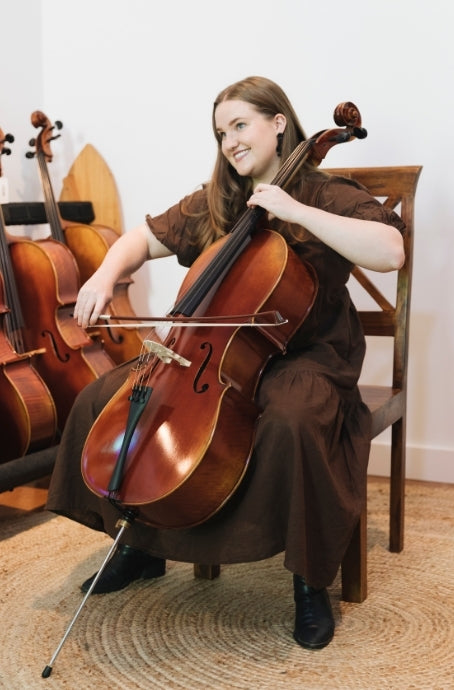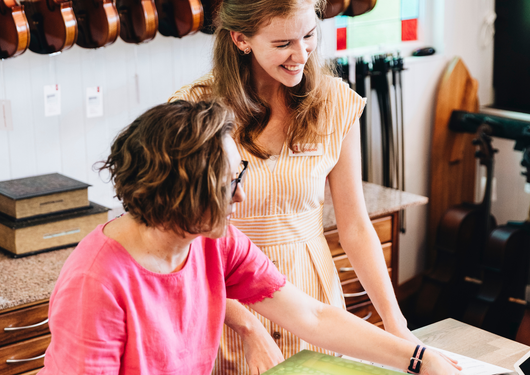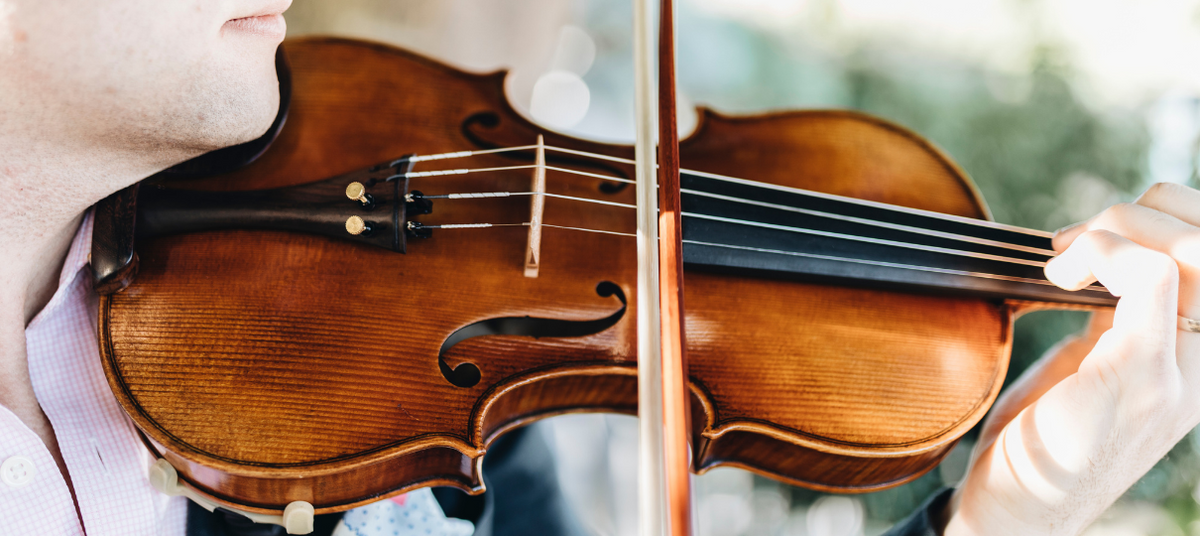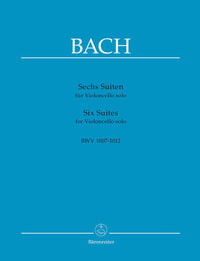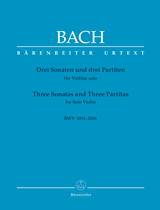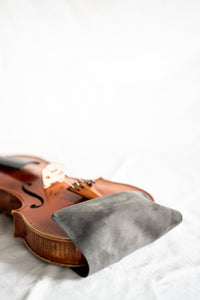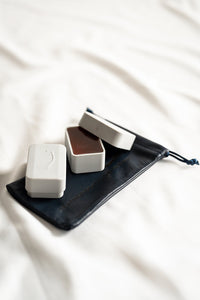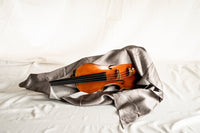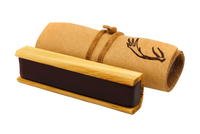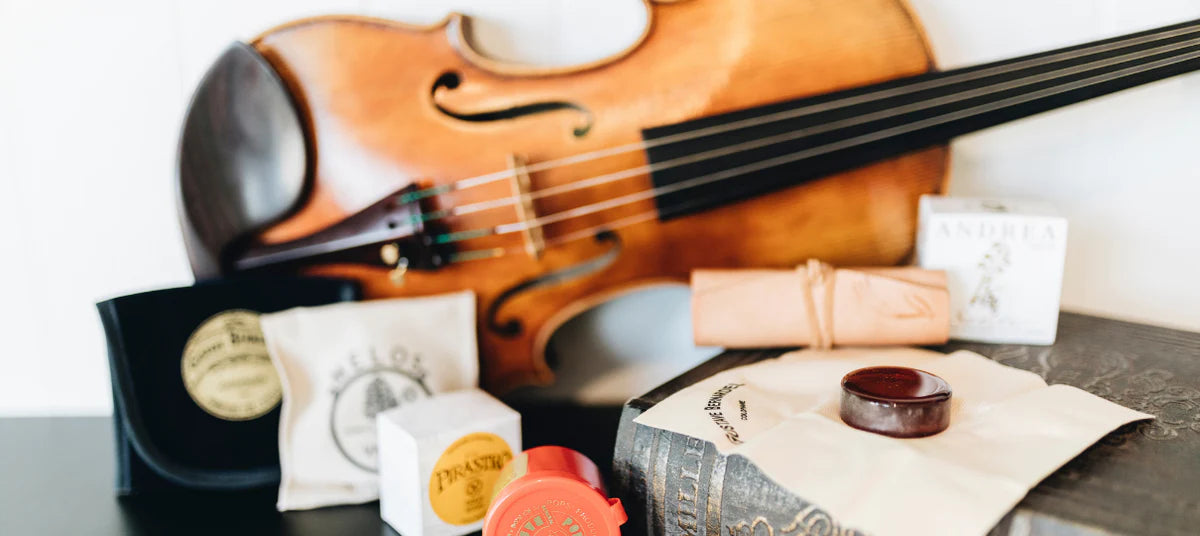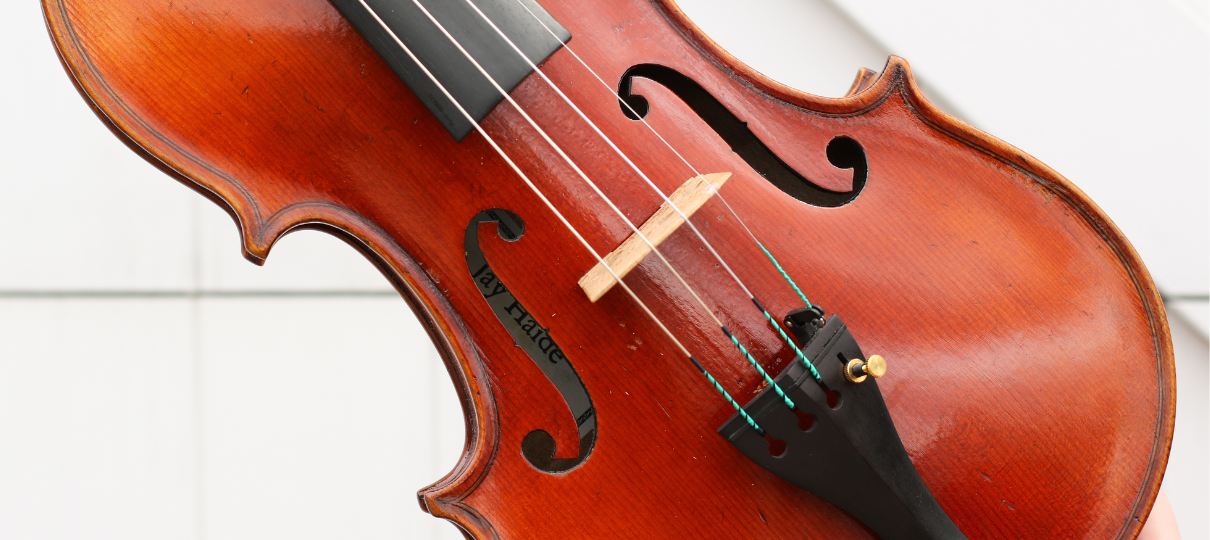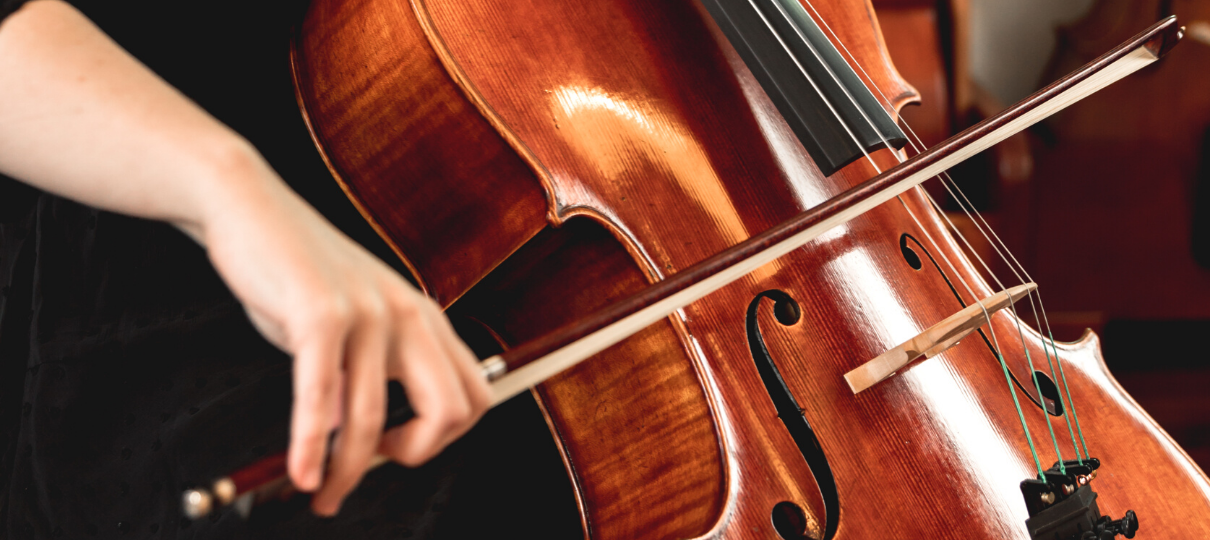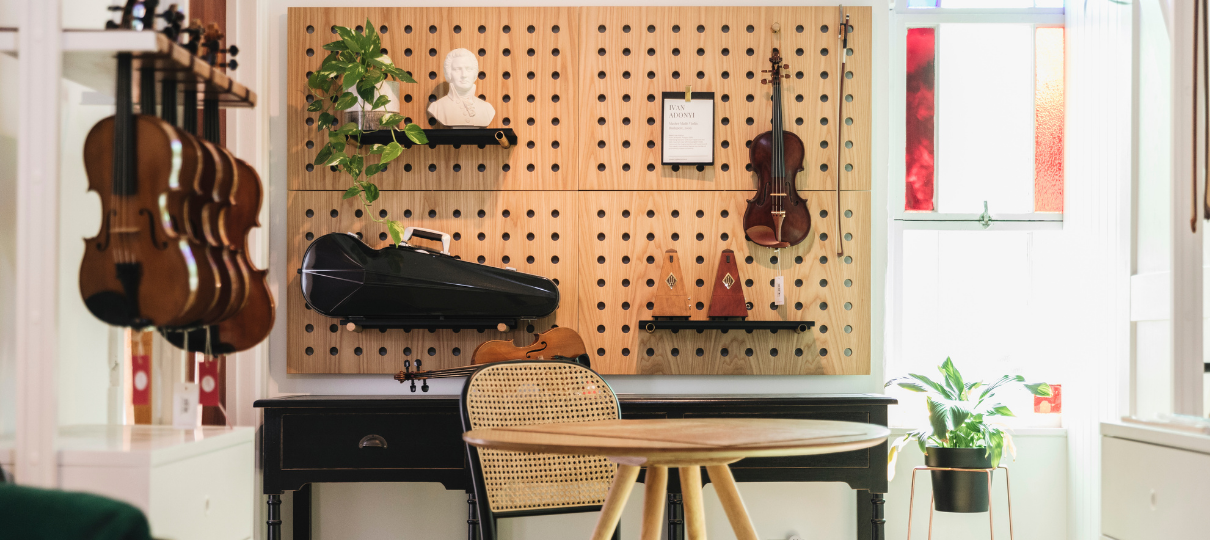Experiencing music performance anxiety can feel like tingling in the tips of your fingers. It can be butterflies in your stomach, a racing pulse, cold sweat or a dry mouth.
Performance anxiety doesn’t discriminate. Even the most established musicians can experience pangs of anxiety once the lights are up and the curtains are drawn.
As musicians, we have felt the gut-wrenching force of stage fright. We know that advice like “just don’t worry about it” is like trying to patch a giant hole in your roof with only a bandaid.
Like all anxieties, the hold it can have over us can be crippling.
We don’t want to get hung up on the negative, but we want our readers to absolutely know that we fully understand how distressing it is to have your body feel like it’s stuck on a rollercoaster (and not the fun kind).
So, what’s happening in your brain that causes performance anxiety?
The battle between left and right hemispheres
To call our brains complex would be the understatement of a lifetime. Over 100 billion neurons and 100 trillion connections, it might seem absurd to suggest that the left and right sides of our brain act independently to each other. It can’t be that simple, right?
Research has shown that overall, the left and right hemispheres of our brain have two different sets of tasks and concerns.
The left hemisphere handles analysis, language, logic, skills, numbers and judgement.
The right side is busy with imagination, creativity, insight, intuition and holistic thought.
As psychologist and performance artist specialist, Dr. Noa Kageyama points out, many performance anxiety issues spawn from the way we tap into our brain’s hemispheres in the practice room and on the stage.
In an ideal world, we would be tapping into the analytical left side of our brain when we practice and flexing the brain’s right hemisphere when we are serving up inspired, creative spectacles to our entertained audience.
However, we often unconsciously flip the script on ourselves.
We spend our practice sessions going with it and approaching music with a ‘flow state’.
And when we step out onto the stage? You guessed it - we are inundated with critical thinking and all those teeny tiny details are suddenly under the microscope.

What can you do about music performance anxiety?
Accept the feeling
If you are preparing for a show and begin to notice the mental or physical signs of performance anxiety, don’t try to push these feelings down. Attempts to ignore or fight performance anxiety can often exacerbate them or cause them to manifest in different, more harmful ways.
Before you can take control of your anxiety, you need to accept that it exists.
Combat performance anxiety by practicing mindfulness
Mindfulness techniques focus on the NOW. As performance anxiety is often built on what could happen, mindfulness exercises are a handy way to plant you back in the current moment.
Practicing mindfulness also helps minimise the physical impact of performance anxiety.
Adrenaline is helpful in short, sharp doses. However, a cocktail of cortisol and adrenaline is a recipe for tense muscles, an increased heart rate and boosted blood pressure.
Mindfulness techniques to help you overcome your music performance anxiety
#1 Mindful breathing
Taking a moment to focus on your breathing can retrieve you from the grips of worry and deliver a sense of calm to your body.
Step 1: Start by inhaling and exhaling slowly. Each breath cycle should span around 6 seconds.
Step 2: Breathe in through your nose and out through your mouth. Let your chest rise and fall gently and your breath flow naturally.
Step 3: As hard as it may be, try to release yourself from worries and concerns. Focus on the gentle flow of oxygen through your body as it fills you with life.
#2 Mindful Observation
By focusing on objects in your immediate space, you develop a profound appreciation for small details that fall by the wayside in everyday life.
Step 1: Identify a natural object in your immediate surroundings and focus on it for at least a minute. You don’t have to be deep in the wilderness for this to work. Focus on the clouds, some flowers in the classroom or a tree you can see through the window.
Step 2: Don’t do anything except focus on the object. Relax into watching it for as long as you can.
Step 3: Imagine that this is the first time you are seeing the object. Study it. Make mental notes about its form.
Step 4: Consider its purpose and uses in the natural world.
#3 Grounding exercises
Grounding exercises draw you out of your chaotic mental space by refocusing your attention on physical sensations instead.
Step 1: Focus on the feeling of the clothes against your body and the ground under your feet.
Step 2: Focus on how the feeling of your clothes against your skin changes with your movements.
These mindfulness techniques are most beneficial when they are employed frequently in daily life - not just when performance anxiety is taking hold.
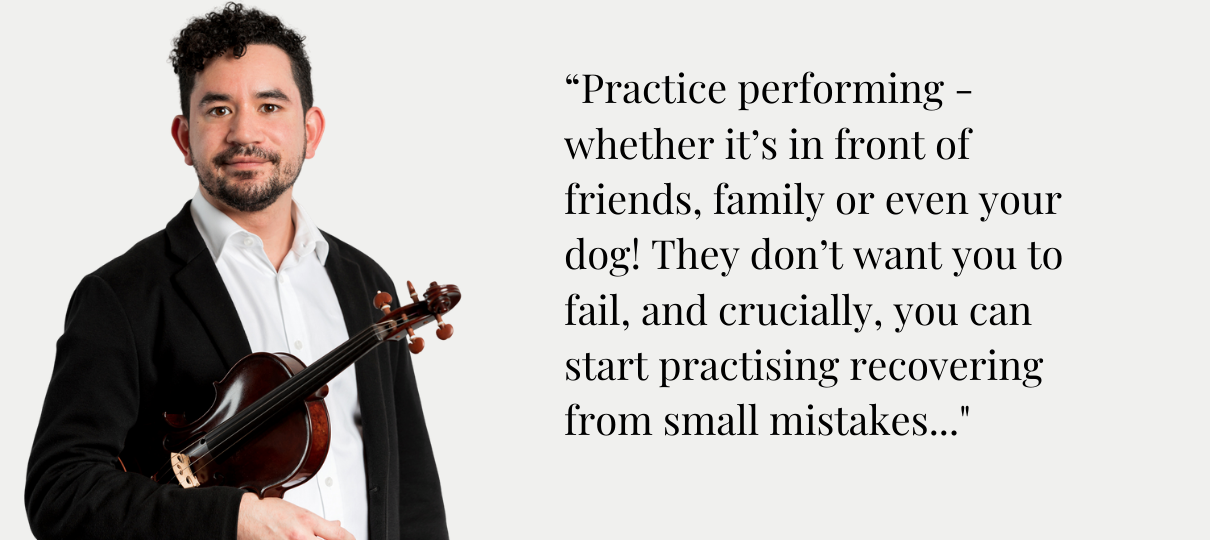
Harness the power of centering tactics
Like mindfulness techniques, centering tactics offer an avenue to focus the mind and calm the body. Developed by sport psychologist Dr. Robert Nideffer in the 1970s, centering is all about channeling your nerves in a productive way.
The 7-step centering process
Step 1: Choose a focal point
Choose a fixed point in the room that is below eye level and focus on it.
Step 2: Form an intention
Develop a clear intention. Consider what it is you want to do when you get out onto the stage.
Step 3: Breathe mindfully
Take deep breaths and pay attention to the flow of air through your body.
Step 4: Scan and release excess tension
Pay attention to your body. Are your shoulders scrunched up around your neck? Are you clenching your jaw? Identify places where you’re holding tension and try to relax your muscles.
Step 5: Find your centre
Locate your centre of gravity and allow yourself to lean into it as it holds you up.
Step 6: Repeat your process cue
Visualise yourself performing exactly as you wish. Think about what it sounds, feels and looks like.
Step 7: Direct your energy
By the time you reach this final step, you should be feeling calm.
Now, study your body energy and imagine it collecting at your centre.
Use this energy to walk out onto the stage with confidence and the knowledge that you are exactly where you ought to be.
Mindfulness and centering strategies are frequently used by sportspeople, presenters, musicians and anyone who lives their life under the spotlight. With the right strategies up your sleeve, you can mitigate performance anxiety and get back to doing what you do best - entertaining your crowd.

Extra tips about managing performance anxiety from the SFS staff:
“The power of thought is the most important thing. If you don't want to think of the purple flower... you're thinking of the purple flower. Same with anxiety - if you're thinking that it's a thing, it'll be a thing. It's best to retrain your brain with positive, or more constructive, wiring” - Teegan
“You’ve put in all the hard work before in the practising - you’ve done all you can do. Now let go and enjoy the music” - Anna
“Breathe and practice mindfulness. It’s easy to dwell on the negative - the scary thoughts and the what if’s. But try to flip that thinking around. Build 5 minutes into your practice sessions, every day that you practice, in the lead up to a big performance or audition, and be mindful. In those 5 minutes, sit, take a breather, and quietly take time to consider what you’ve achieved in that practice session, this week or month, and visualise a successful performance. It will seem hard to do at first, but before you know it, 5 minutes will fly by. It really pays off in the long run” - Emily
“From a teaching perspective, encourage your students to focus on sharing the joy of the music. Once they’ve practised hard at the technicalities of the piece, this will of course be in their mind, but equipped with those skills, they can now focus on the musicality of the piece and sharing their gift” - Michael
“Practice performing - whether it’s in front of friends, family or even your dog! They don’t want you to fail, and crucially, you can start practising recovering from small mistakes. You may start panicking or dwelling on a mistake during a run-through, but practising in front of those who want you to do very well, really helps you develop the skill of recovery” - Shannon
We hope these pointers have struck a chord and help you towards nailing your next showing.
On top of engaging mindfulness techniques, discussing your fears with people who understand can be the final step to freeing yourself from the weight of your worries.
As musicians, our staff understand the gravity of performance concerns inside and out. To connect with us about any music-related issues you’re facing, visit us in-store.
When it comes to helping our fellow musicians on their journey, we’ll always Bach you up.
Find us at: 78 Enoggera Terrace, Red Hill QLD 4059.
For more insider tips on everything you need to know about string instruments, performing and music, head over to the blog.





